April 18, 2025 | 00:48 GMT +7
April 18, 2025 | 00:48 GMT +7
Hotline: 0913.378.918
April 18, 2025 | 00:48 GMT +7
Hotline: 0913.378.918
To encourage people to save water in pig farming, the Government needs to research a reasonable tax/wastewater fee policy for pig farms. Many developed countries in the world, such as Germany, Austria, and the Netherlands... have used wastewater taxes to encourage people to save water resources as well as reduce environmental pollution.
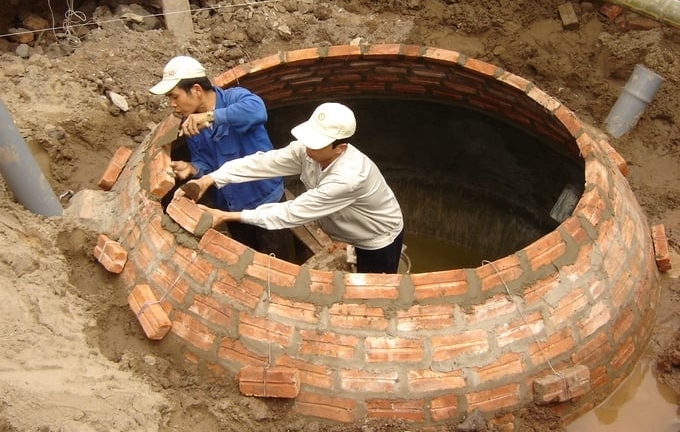
Biogas plants do not have the conditions for large-scale development due to the lack of mechanisms to encourage the use of gas.
According to the research results of the LCASP project in 2020, only investing in biogas generators with a capacity of over 70 kVA will bring economic efficiency to farm owners. The larger the capacity of investing in a biogas generator, the lower the cost of 1 kWh of electricity. Because most livestock farms in Vietnam already have large capacity biogas tanks, farm owners only need to invest in a biogas generator to be able to generate electricity to use for the farm's needs.
The pilot research results of the LCASP project in 2019 - 2020 also show that if you invest in a generator with a capacity of over 150 kVA, the cost of 01 kWh of electricity is only about VND 800 (can ultimately compete with the grid) in case the entire generated electricity output is used up.
By 2022, the legal corridor to facilitate the use of livestock waste as organic fertilizer on an industrial scale will be relatively complete. However, survey results of the LCASP project 2019 showed that people can still be fined when trading compost made from manure because they do not meet the production and business conditions according to Decree 108/ 2017/ND-CP.
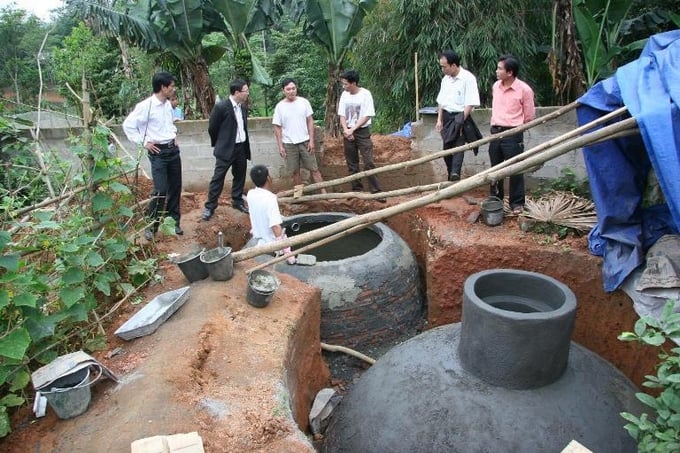
Currently, most biogas plants are small-scale and cannot thoroughly treat livestock waste resources.
Many livestock households do not have arable land to use compost, so they must sell self-composted compost. This small-scale organic fertilizer trade cannot be formalized due to regulations on registration and brand announcement when trading fertilizers and conditions for processing livestock waste into commercial products as prescribed.
In fact, a large amount of manure has been used by people for composting and trading on a small scale but without control or support for the transfer of advanced composting technology. Therefore, it is necessary to have appropriate regulations to create a legal corridor for people to apply technologies for using manure as organic fertilizer on a small scale.
Regarding the use of manure to produce organic fertilizer on an industrial scale, survey results of the LCASP project show that many organic fertilizer production enterprises are not interested in manure sources due to the cost. Collection costs are high, transportation is difficult, and cheap peat resources in our country are still relatively abundant.
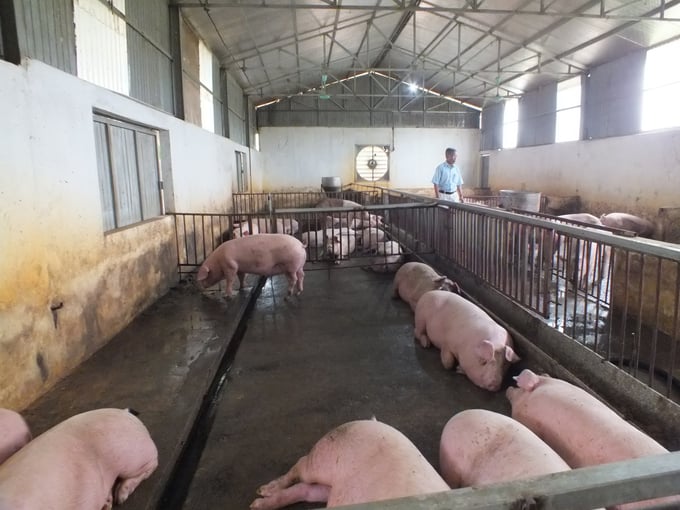
There needs to be a policy to encourage people to apply technology to treat livestock wastewater for use in farming.
There needs to be a unified nationwide policy on transporting pressed pig manure materials from collection facilities to organic fertilizer factories to create favorable business conditions. The support of local authorities will form a value chain for collecting and transporting pig manure materials, motivating livestock farmers to invest in medium-sized manure separators to collect livestock waste for use as organic fertilizer, both to effectively solve environmental pollution in pig farming...
Instead of the highly costly treatment of livestock wastewater to meet the requirements of QCVN 62 for discharge into public water sources, livestock farms can now treat livestock wastewater at a low cost and provide treated nutrient water to neighboring farms to irrigate crops.

Wastewater in pig farming should be considered a precious resource for a circular agricultural economy.
Although the LCASP project has piloted Danish water-saving pig farming technology in many provinces participating in the project, the application of this technology is still limited due to the cost of investing in an incomplete ventilation system, and people still have the habit of using a lot of water to limit odors arising from pig farming.
Therefore, it can be said that Denmark's water-saving pig farming technology is unsuitable for Vietnam's farming conditions. The Government needs to continue to support pilot research to apply water-saving pig farming technologies from developing countries to suit Vietnam's farming conditions.
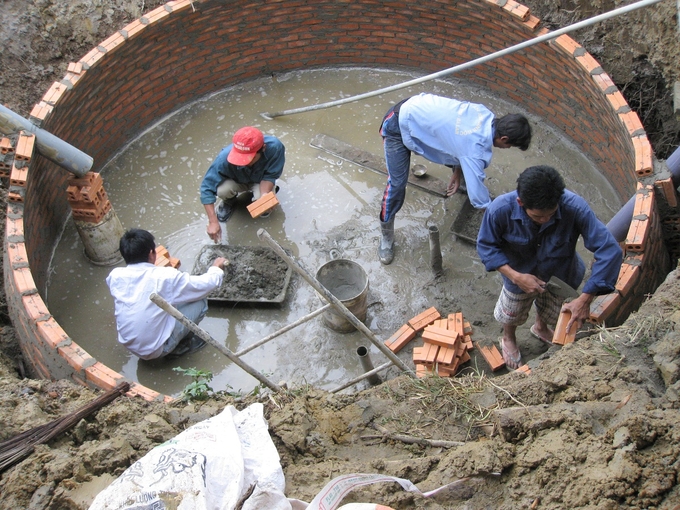
Introducing new technology to utilize gas to generate electricity will encourage livestock farmers to invest in larger-scale biogas projects.
Most large-capacity biogas generators must be imported from abroad. The LCASP project survey 2018 showed that Vietnam only has a few facilities that renovate old car engines or diesel generators to convert to biogas-powered generators. Many studies aimed at localizing domestically produced biogas generators have not yet been genuinely commercialized due to lack of funding or research or only technical research but not linked to the production and business efficiency of the enterprise.
The LCASP project has supported pilot research on several pig manure collection technologies such as manure separators, vibrating screening systems, and multi-compartment tank systems to collect pig manure and raise water-saving pigs for meat to increase the ability to manage pig manure collection capabilities, piloting the use of pressed pig manure to replace peat in industrial-scale organic fertilizer production lines...
Translated by Tuan Huy
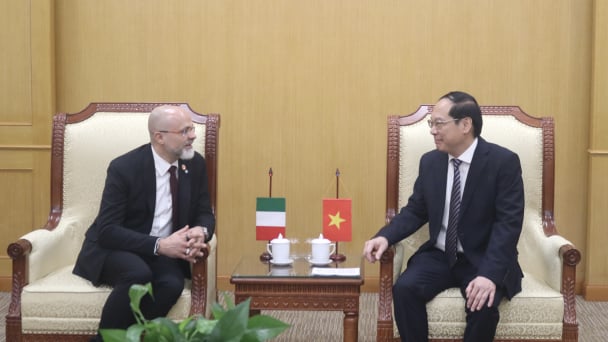
(VAN) During the working session with Deputy Minister Le Cong Thanh, Professor Francesco Corvaro, Italian Climate Change Envoy, reaffirmed Italy's commitment to supporting Vietnam in climate change response.
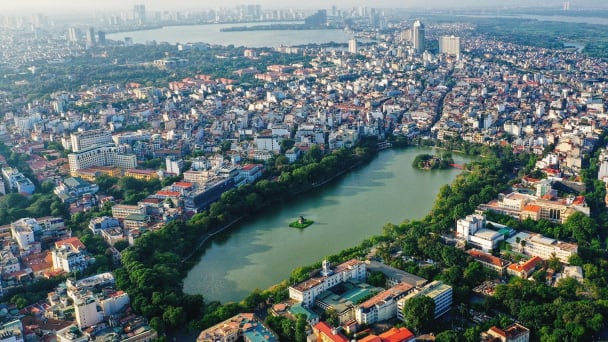
(VAN) After the merger, key leadership personnel of the provinces must consult with the General Secretary, key leaders, and the Standing Secretariat.
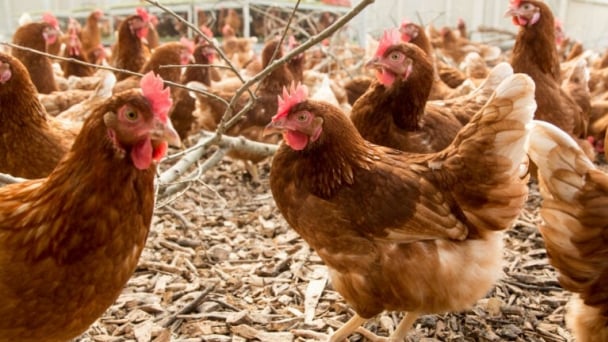
(VAN) The latest Business Benchmark on Farm Animal Welfare (BBFAW) reveals steady progress on farm animal welfare across the global food industry.
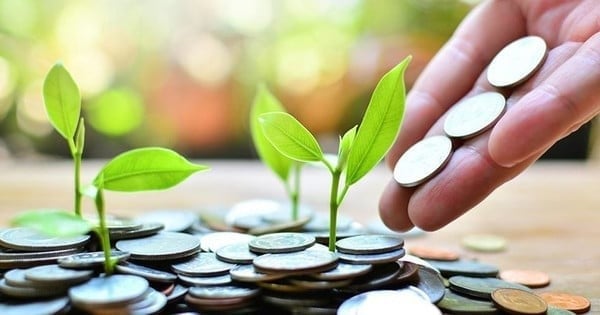
(VAN) Green credit is a financial policy that effectively supports environmentally friendly projects and activities today.
/2025/04/09/1049-2-165919_630.jpg)
(VAN) With a revenue of less than VND 30 billion/year, packaging producers are exempted from EPR liability under Decree No. 05/2025 newly issued.
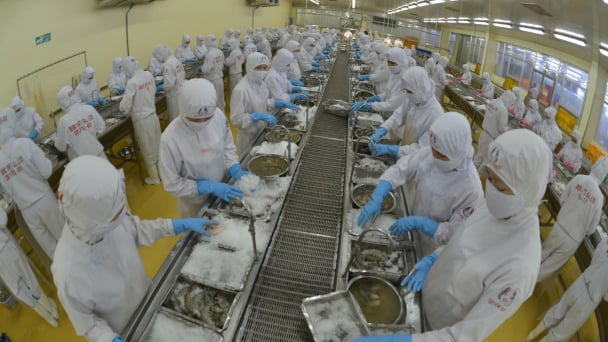
(VAN) Ministry of Agriculture and Environment has issued an Action Plan for sector's development in the coming period, aiming for a growth rate of 4% or higher and an export turnover of USD 65 billion.
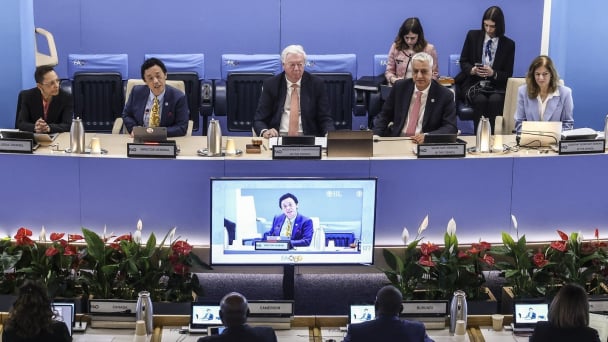
(VAN) The 177th Session of the FAO Council opened on Monday at the Organization’s headquarters in Rome.